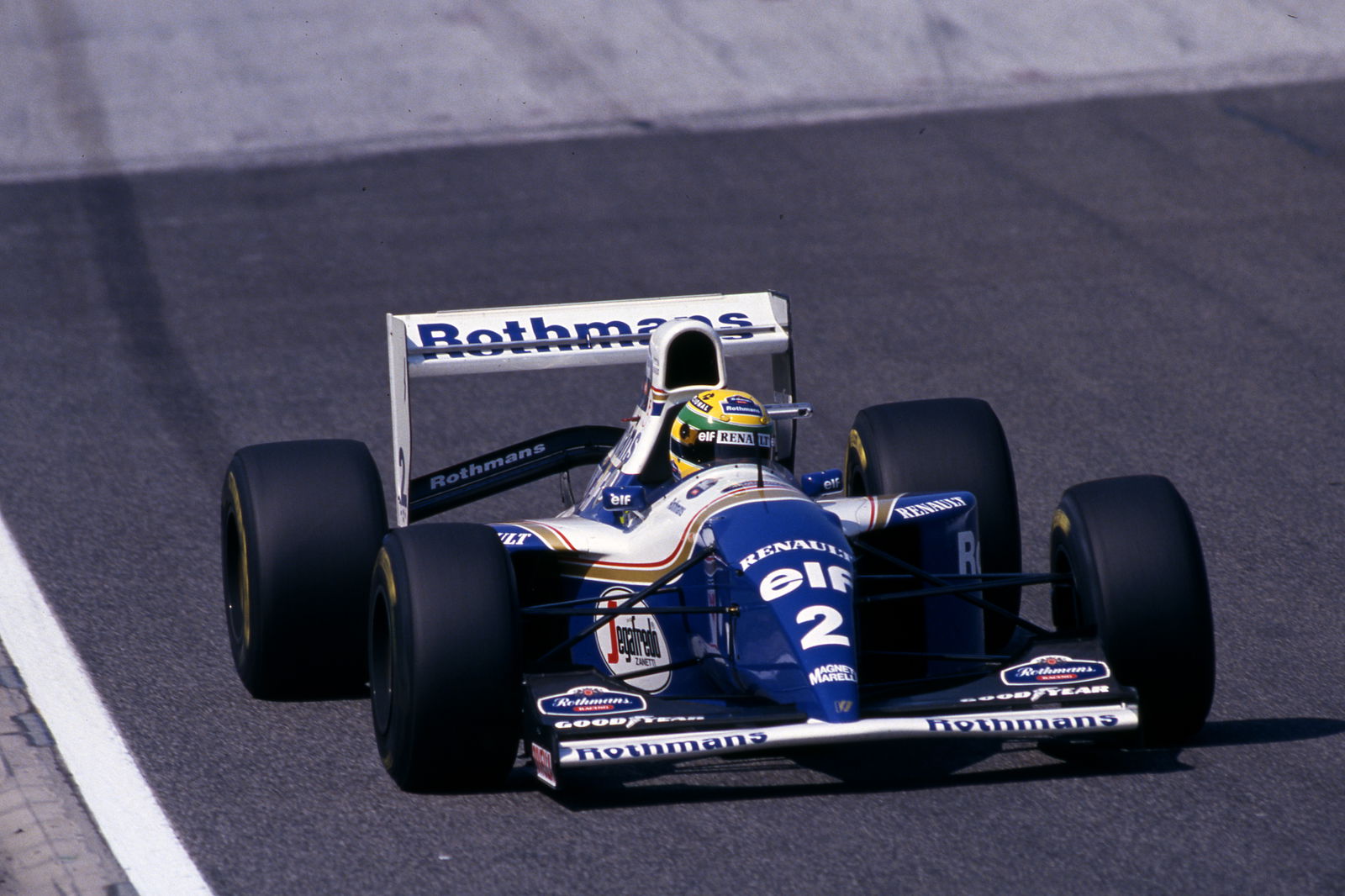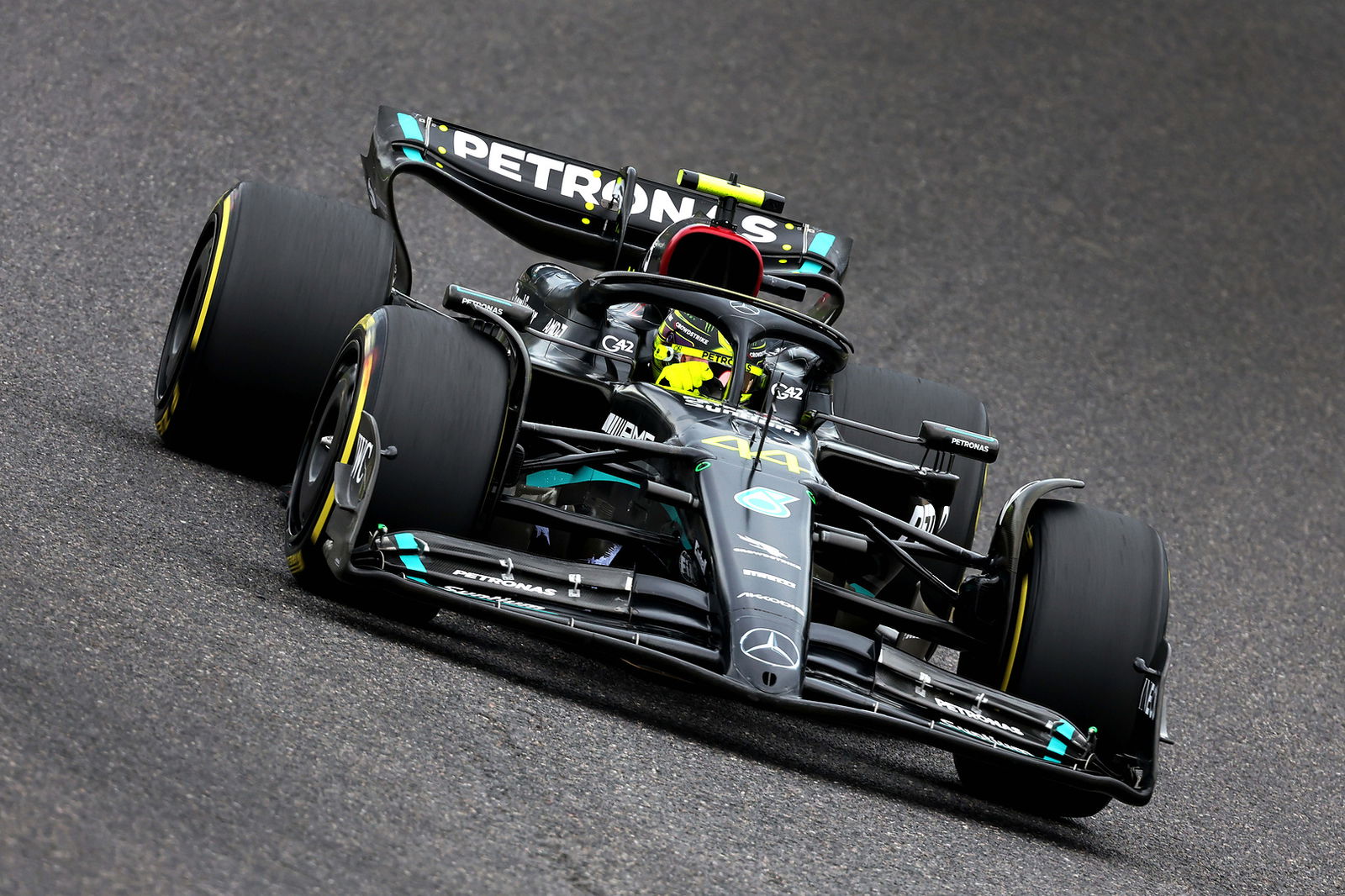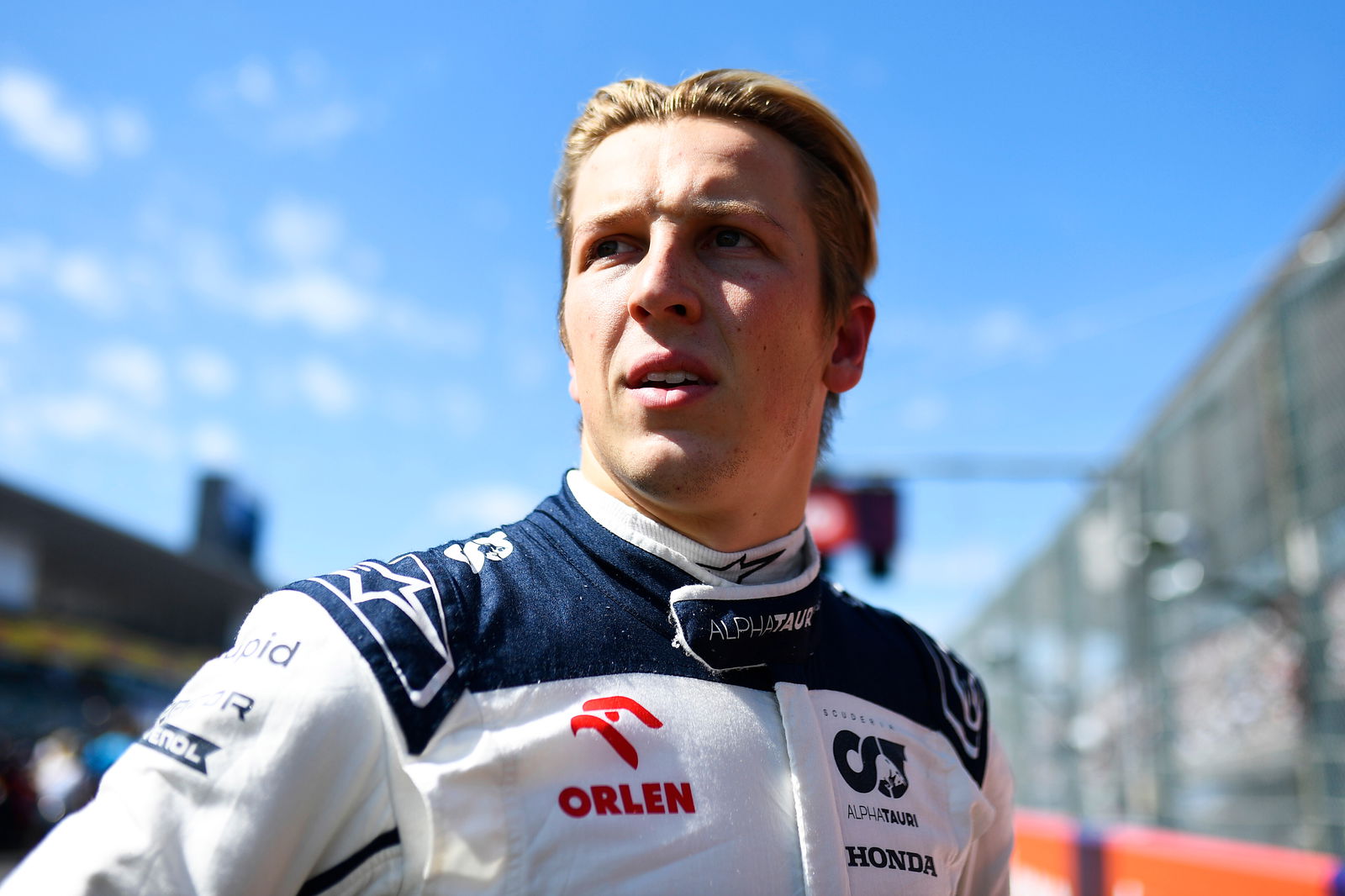Adrian Newey considered quitting F1 after Ayrton Senna's death

Legendary F1 designer Adrian Newey revealed last year that he considered leaving the sport in the aftermath of Ayrton Senna’s death in 1994.
Three-time world champion Senna was tragically killed in a crash at Tamburello during the 1994 San Marino Grand Prix.
May 1st, 2024, is the 30-year anniversary of his death.
The 1994 Williams - the FW16 - was designed by Newey but proved difficult and unpredictable to drive.
Newey, who has devised some of the greatest F1 machinery of all-time throughout his illustrious career, opened up about the regret he had over the 1994 cars in a podcast appearance last year.
He admitted he “completely messed up the aerodynamics” following a regulation change.
“The ‘94 cars, one of my huge regrets, regardless of what was the cause of the accident at Imola, the one thing you could definitely say about the car is it was aerodynamically unstable,” Newey told F1’s Beyond the Grid podcast last October.
“We’d had two years with active suspension and, it’s my fault, I completely messed up the aerodynamics of going back to passive suspension and the much bigger ride height range that that has to cope with.
“It was a very, very difficult car to drive and the bumpier the circuit, the worse that became. And of course, Imola was quite a bumpy circuit, so what he did with that car was quite extraordinary, and he could do that in qualifying.

“In Brazil, he managed to carry it but spun at the last corner near the end of the race, extracting that performance from it.
“Damon [Hill] didn’t try to extract that level of performance from it, and so he finished the race, but he knew it was unstable.
“Ayrton’s self-confidence and self-belief in his car control, he would always try it. His car control and his concentration was quite extraordinary.”
Asked if he considered leaving F1 in the wake of Senna’s death, Newey responded: “I thought about it, I have to say, you’d be a fool or there would be something wrong if you didn’t question yourself and question what you’re doing.
“First of all, it would have been quite selfish because if Patrick [Head, Williams engineering director] or I or both of us had decided we’re stopping, we’d have left the team in complete disarray.
“Like all mistakes, regardless of what did cause the accident, you have to learn from the possibilities of what might have caused the accident and make sure that you react to that, and make sure that you try to take appropriate measures to stop that ever happening again.”


